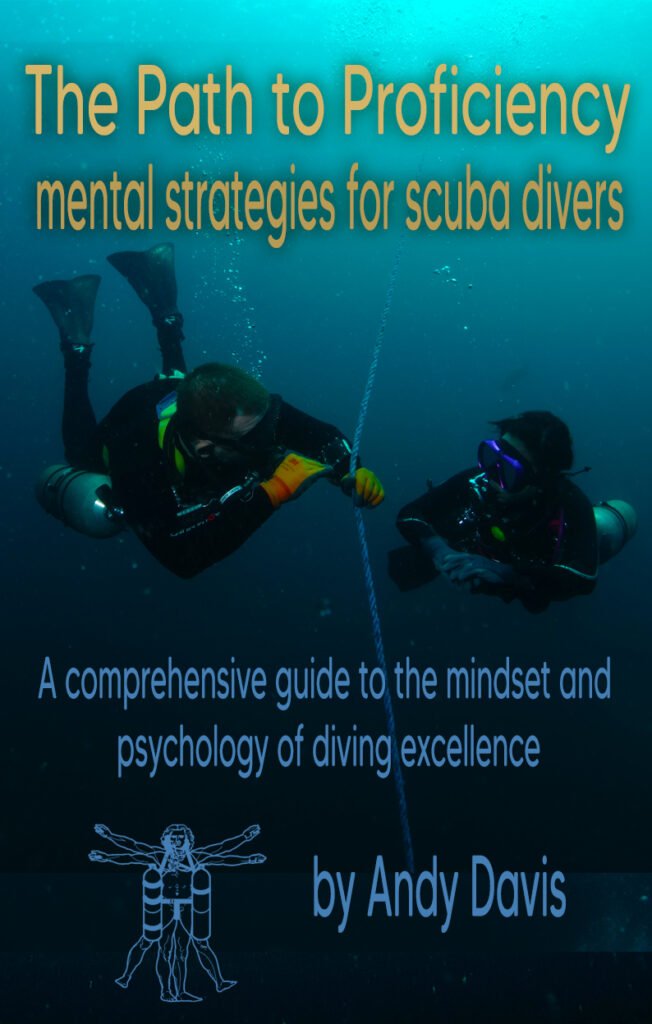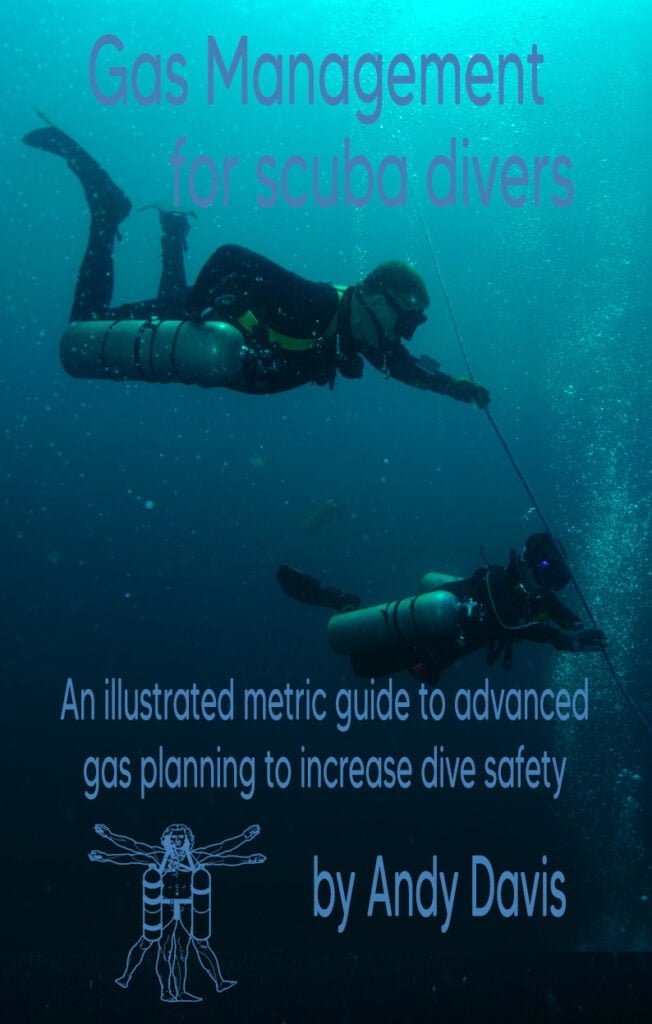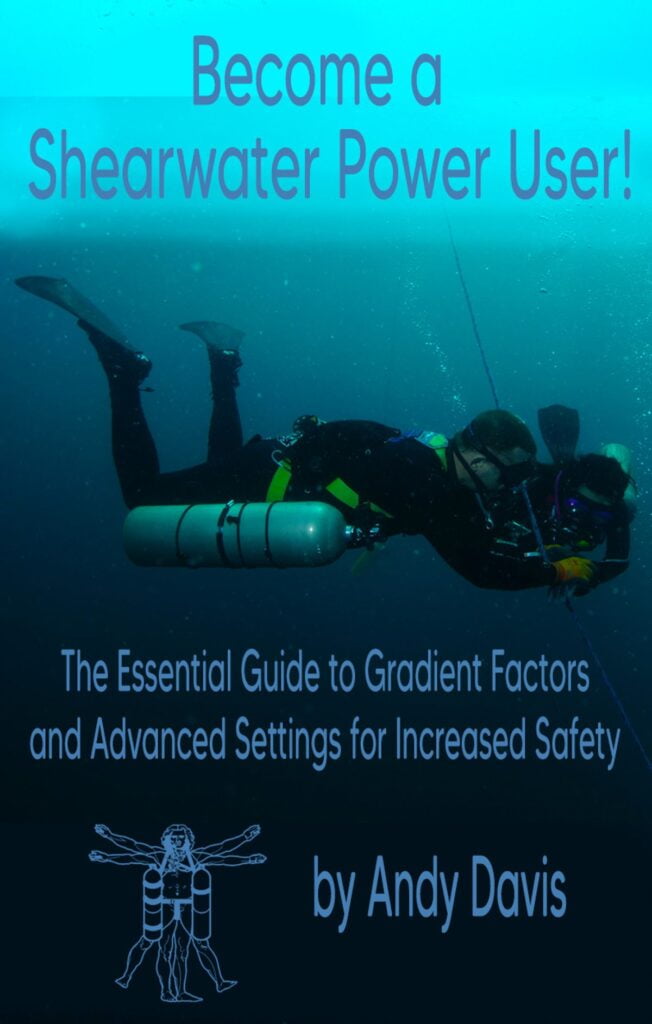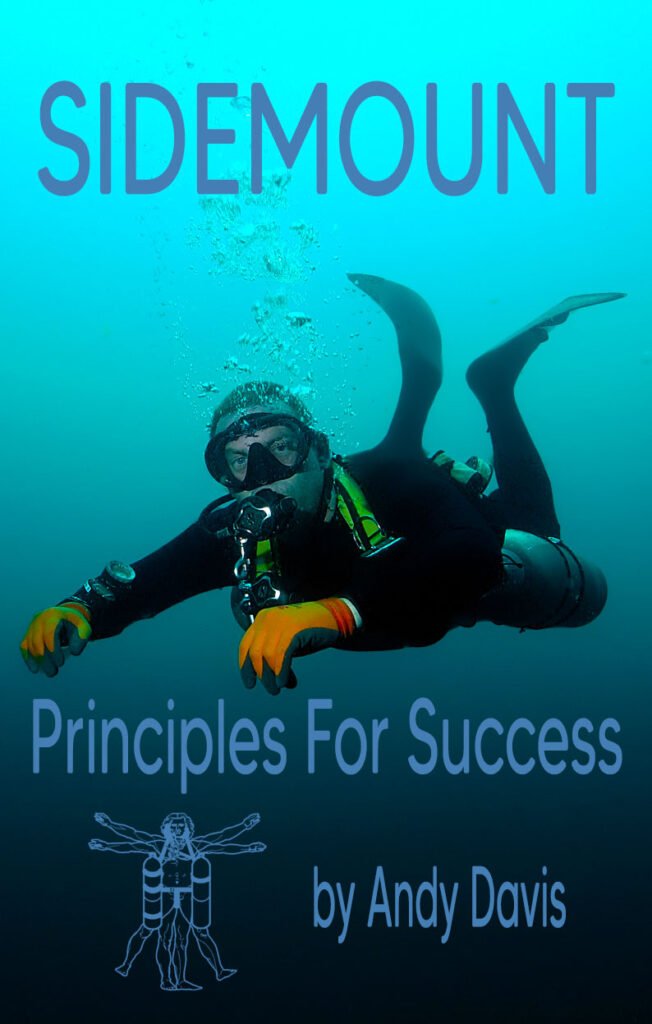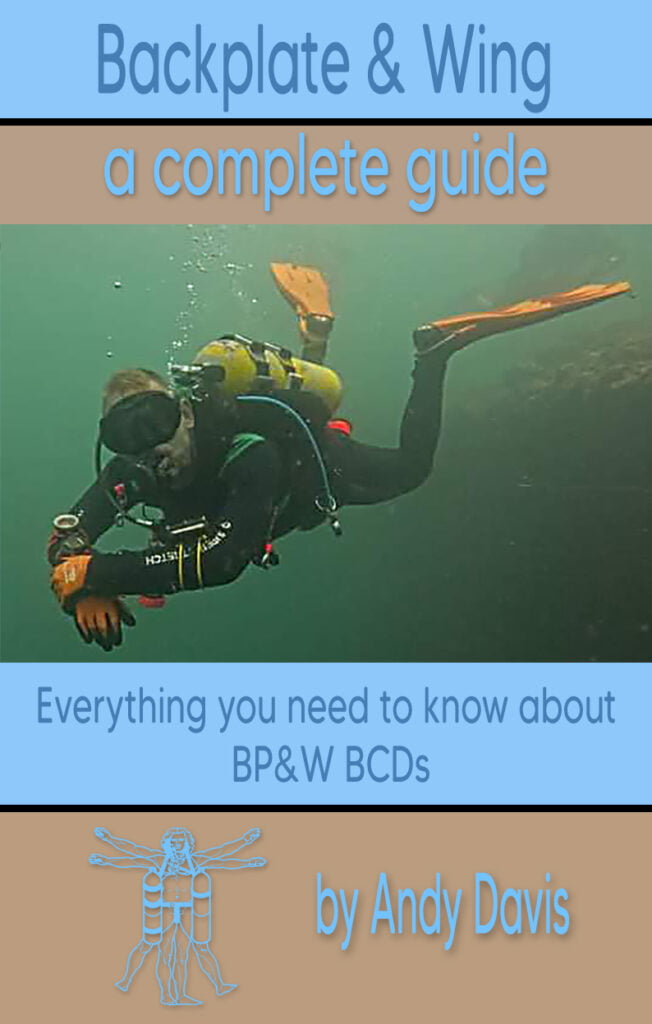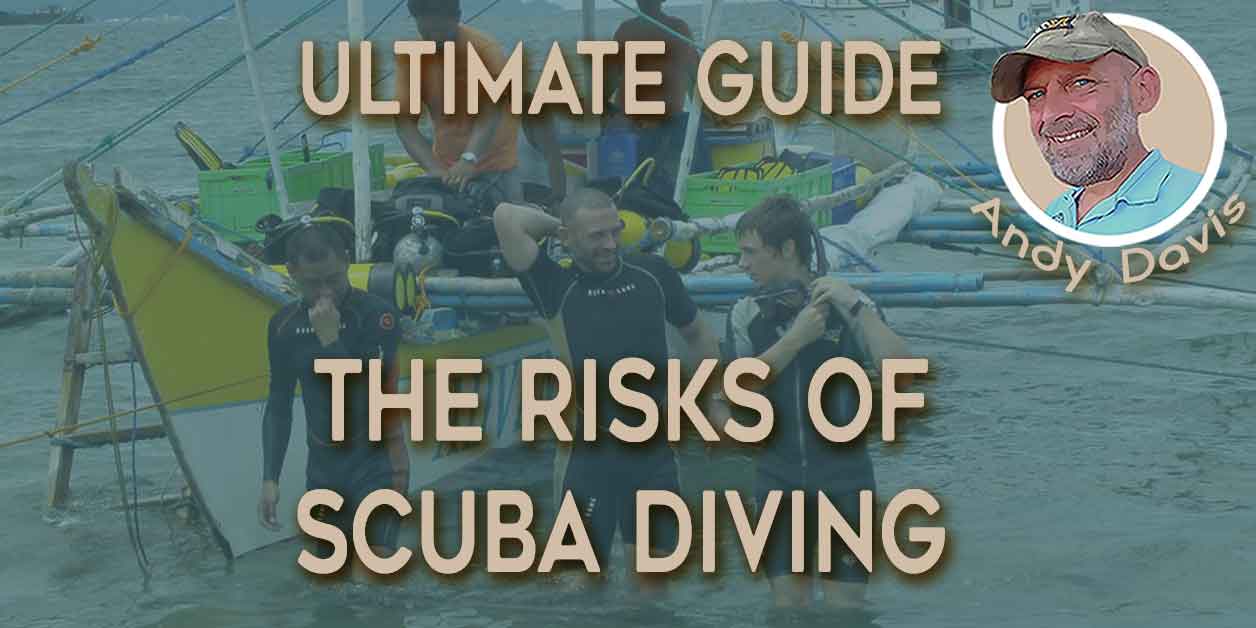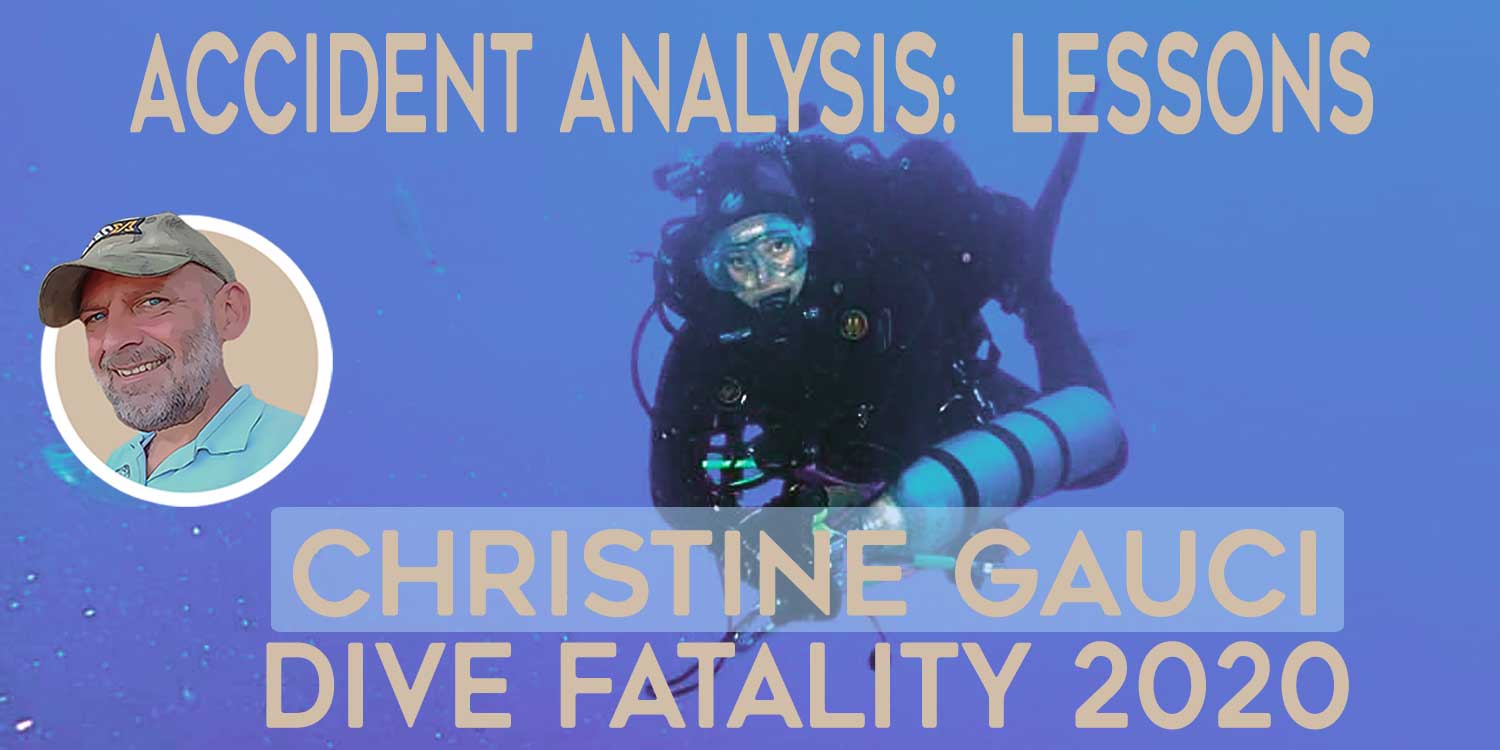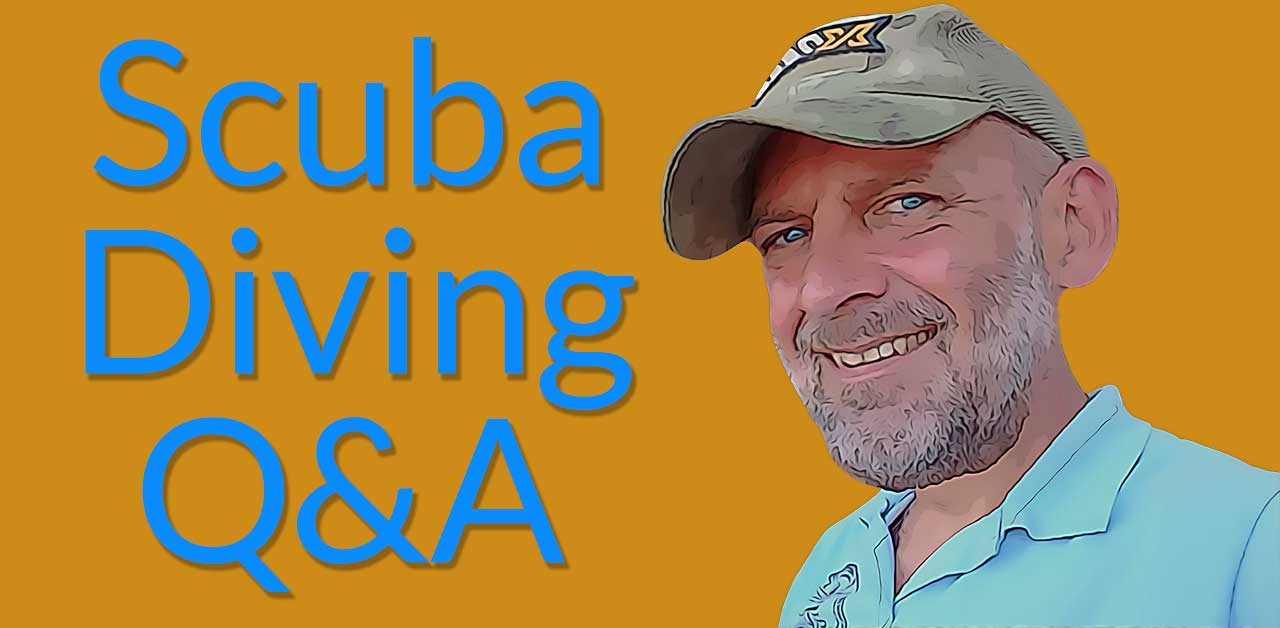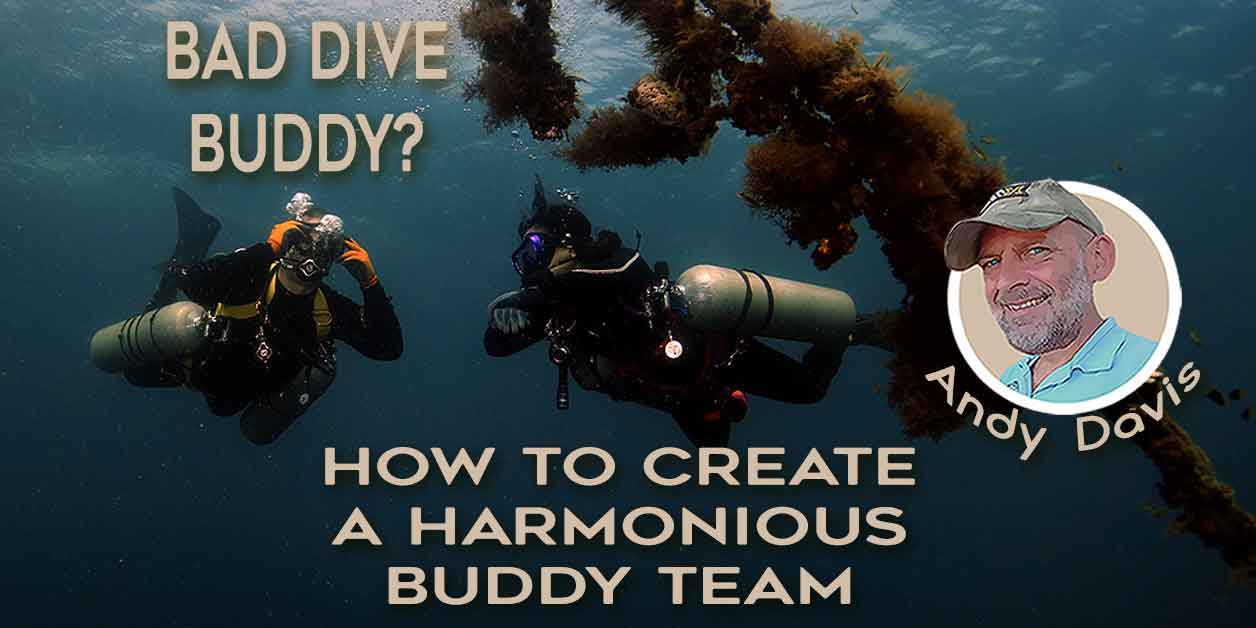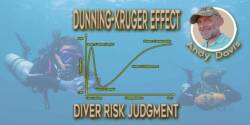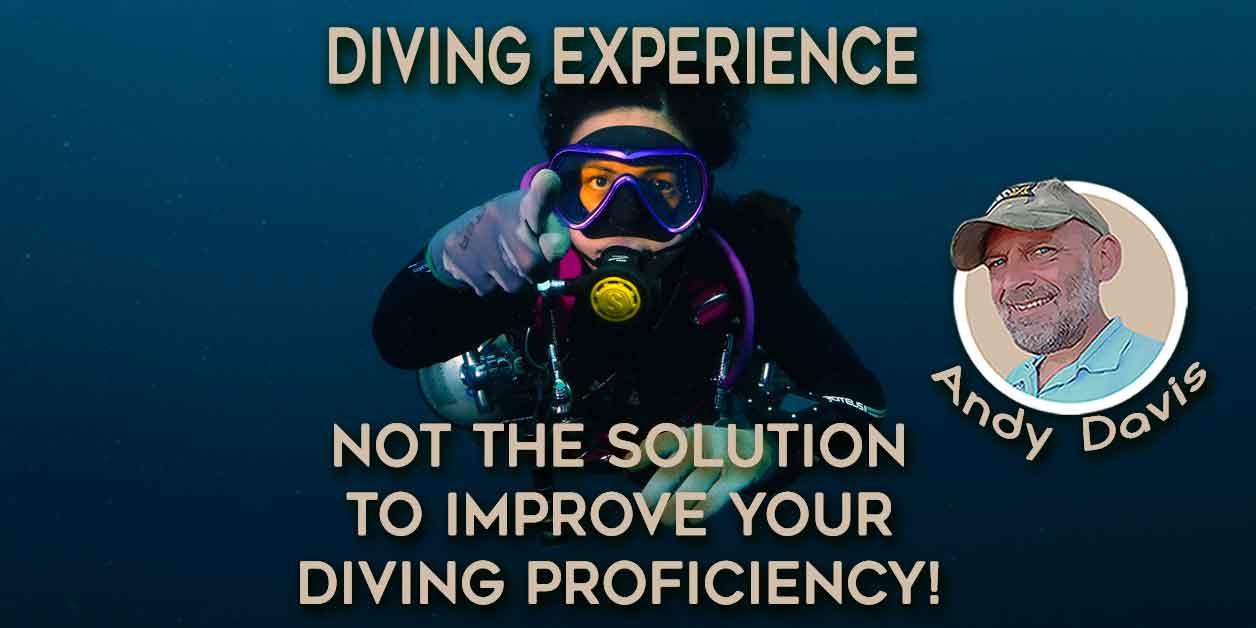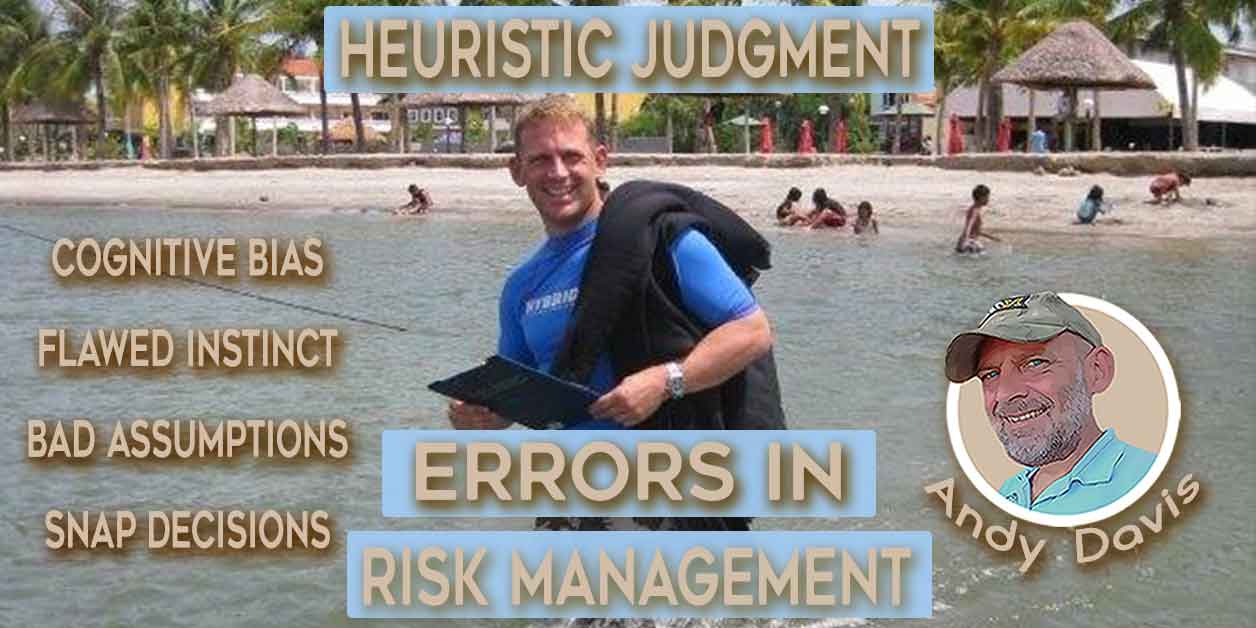Scuba Diving and Self-Discipline Failures
As a scuba diver, your safety is a product of your judgments and decisions. But did you know that our ability to make smart decisions while diving can get worn out, just like a tired muscle? It’s called ‘Ego Depletion,’ and it affects the self-discipline of even the most well-trained and experienced divers.
Think of it like this: the more mentally and physically tired we get, the harder it is to stick to safe diving practices. We might start taking risks or making sloppy choices without even realizing it.
But there’s good news. By understanding the concept of Ego Depletion and learning some simple strategies, we can stay safer underwater. Read on to learn how to recognize and combat this issue, ensuring every dive is as enjoyable as it is safe.
What is Ego Depletion And How Does It Affect Divers?
One concept I find intriguing is the psychology theory of ‘Ego Depletion‘. This basically quantifies that willpower (and hence, prudent judgment and safe behaviors) is a finite resource.
If reliant upon willpower to behave ideally, that self-control is perishable the more it is demanded.
Ideal behavior, as a diver, would include following safe diving practices, diligently implementing taught protocols and procedures, and prudent decision-making based upon sound risk management.
Self-Discipline, Mental and Physical Fatigue
Mental and physical fatigue depletes that resource. Thereafter, an individual will default to unconscious heuristic cognition, rather than effortful conscious cognition.
Likewise, self-discipline will fail and the individual more readily default to their innate tendencies; which may well be more sloppy, counter-productive, ease-seeking, and/or short-term gratification-focused.
Addressing Physiological Factors
This is why, for example, selection processes for elite military units utilize arduous physical fatigue to rapidly reveal a candidate’s true nature – taking them past the limits of conscious self-control and observing how they operate.
Improving physical fitness and maintaining a healthy lifestyle absolutely helps address the physiological factors that influence Ego Depletion; especially sleep, hydration, and nutrition.
The Effect of Cognitive Fatigue on Diving Judgment
Cognitive fatigue plays an equal role. Intense mental activity rapidly depreciates cognitive willpower. This results in a discrete transition to mental short-cutting, decision inaccuracy, and blundering.
In short, it is prudent to assume that ideal behaviors will break down after a relatively short period of time engaged in vigorous mental demand, or if embroiled by psychological stressors.
What this means, to me, is that it is imperative to remain mindful of physical and mental demands and how they influence your cognitive state.
I find it important to be self-aware of which behaviors are a desired product of self-discipline, rather than which are innate, natural aspects of my psychology. Put simply, who I want to be and how I want to behave are not a given, reliable, outcome.
Accounting for Self-Discipline Failures as a Diver
I have to account for that in three ways:
Anticipate Ego Depletion
Firstly, simply being aware of ego depletion, I try to introspect upon the validity of my judgment and behaviors.
I presume fallibility in reliance upon self-discipline in decision-making and following ideal practices.
Avoid Critical Judgments When Tired
Secondly, in the short term, I endeavor to avoid consequential situations if/when I am aware of Ego Depletion factors existing.
This, for instance, may influence the sophistication and risk of dives that I would undertake at that time. In short, I avoid putting myself in situations that demand ideal behaviors when my capacity for those behaviors is predictably suspect.
At the least, I limit my diving to a substantially lesser level of demand than my peak, ideal, performance allows.
Ingrain Ideal Behaviors in the Long Term
Thirdly, in the long-term, I attempt to ingrain those ideal behaviors, initially reliant on self-discipline, as habitual patterns.
This can appear, to some observers, that I’m somewhat inflexible or laboriously formulaic; but ‘following the rules’ without exception helps raise mental red flags when perished willpower tempts otherwise.
Strategies for Managing Ego Depletion
- Introspect and question the validity of your judgment and behaviors.
- Avoid consequential situations during periods of Ego Depletion.
- Adapt dive plans to match your current cognitive capacity.
Long-Term Solutions: Habitual Patterns
- Ingrain ideal behaviors as habitual patterns.
- Perceive inflexibility vs. judgment red flags when deviating from agreed practices.
- Value the importance of consistent adherence to rules for long-term discipline.
Purchase my exclusive ebook!
A comprehensive guide to the mindset and psychology of diving excellence.
$20 Printable PDF Format, 298 pages
Safeguarding Your Self-Discipline As A Diver
In conclusion, understanding and addressing the concept of ‘Ego Depletion’ is crucial for maintaining safety and making informed decisions while scuba diving. Here are the key takeaways from our exploration:
- Ego Depletion quantifies willpower as a finite resource, affecting judgment and behaviors, especially in demanding situations.
- Mental and physical fatigue can deplete self-control, leading to unconscious, heuristic decision-making.
- The importance of maintaining physical fitness, healthy lifestyle habits, and managing cognitive fatigue to mitigate the effects of Ego Depletion.
- Strategies for divers to combat Ego Depletion include introspection, avoiding high-risk situations when fatigued, and ingraining safe behaviors as habitual patterns.
By remaining mindful of our physical and mental states and implementing proactive strategies, divers can enhance safety and enjoyment on every dive, ensuring that ideal behaviors prevail even in challenging circumstances.
About The Author

Andy Davis is a RAID, PADI TecRec, ANDI, BSAC, and SSI-qualified independent technical diving instructor who specializes in teaching sidemount, trimix, and advanced wreck diving courses.
Currently residing in Subic Bay, Philippines; he has amassed more than 10,000 open-circuit and CCR dives over three decades of challenging diving across the globe.
Andy has published numerous diving magazine articles and designed advanced certification courses for several dive training agencies, He regularly tests and reviews new dive gear for scuba equipment manufacturers. Andy is currently writing a series of advanced diving books and creating a range of tech diving clothing and accessories.
Prior to becoming a professional technical diving educator in 2006, Andy was a commissioned officer in the Royal Air Force and has served in Iraq, Afghanistan, Belize, and Cyprus.
In 2023, Andy was named in the “Who’s Who of Sidemount” list by GUE InDepth Magazine.
Purchase my exclusive diving ebooks!
Originally posted 2024-02-24 15:48:13.

